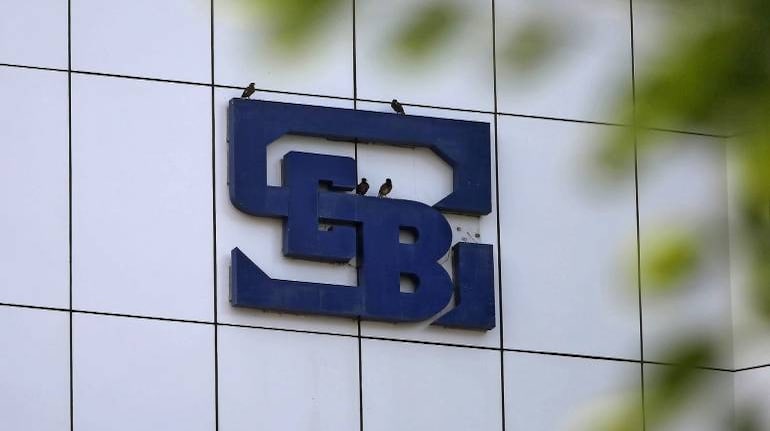



The partners and staff at the Indian offices of accounting giant PwC might be breathing a sigh of relief after the reprieve from the Securities Appellate Tribunal (SAT). The tribunal had overturned an order by the Securities and Exchange Board of India (SEBI) barring network firms of the group from auditing any listed companies in India for a period of two years, along with other censures on individuals who signed the audit.
To be fair, SEBI’s goose was cooked even before the start of these proceedings. The Bombay High Court had restricted the scope of enquiry so narrowly that it was nigh impossible to find the firms guilty. The high court insisted that before it could take action against CAs/audit firms, SEBI was to establish that they were involved in manipulation or fabrication of the books of account, or to bring on record evidence to show that auditors had connived with the promoters. But auditors only audit/certify accounts that have already been created by accountants, and therefore manipulation/fabrication is simply out of the question. And even the greatest audit scandal is likely to be a crime of omission rather than of commission, and therefore finding evidence of collusion would be akin to looking for snow in a desert. Naturally, SEBI failed.
One could argue that perhaps not all is lost. The auditors who signed the balance sheet have been disbarred by the Institute of Chartered Accountants of India (ICAI), while criminal proceedings are also underway for their role in the fraud. However, it should still unsettle us that the audit firm, the ultimate beneficiary, has managed to slip through the regulatory cracks, again!
To start with, let’s not forget that this is not the first major audit lapse in the Pricewaterhouse Coopers (as it then was called) network. Global Trust Bank was also audited by the group (and ironically, signed by one of the partners, S Gopalakrishnan, who signed Satyam’s balance sheet too) when it failed and had to be rescued by merging with Oriental Bank of Commerce. Disciplinary proceedings before the ICAI in that case are still pending after over 15 years.
Second, while the auditors’ counsel argued before the high court as well as the tribunal that they were regulated (the judgment does not reflect whether PW’s lawyers also claimed the same) by the ICAI, their argument before the ICAI during disciplinary proceedings was that the ICAI had supervision only over individual auditors and not audit firms. This legal loophole has been rectified in the new Companies Act, bringing firms under oversight of the National Financial Reporting Authority. Some audit firms, for instance, are under the scanner for lapses in the audit of IL&FS group companies.
Third, even as the Indian regulators struggle to bring the firms (registered in India) to book, the group paid huge fines (as well as accepted censures, and agreed not to accept new audits from US-listed companies for six months) to both US market regulator Securities Exchange Commission (SEC) as well as the Public Company Accounts Oversight Board to settle charges against them long ago. In its release, the SEC quoted its director of enforcement saying, “PW India violated its most fundamental duty as a public watchdog by failing to comply with some of the most elementary auditing standards and procedures in conducting the Satyam audits. The result of this failure was very harmful to Satyam shareholders, employees and vendors”. If Indian regulators were rendered toothless, it is only a testament to our legal system’s inadequacy in dealing with violators.
Finally, much is made out of the tribunal’s finding that the auditors were guilty only of negligence, and not outright fraud. This is fallacious. The auditor is by nature a watchdog. Turning a blind eye might fit only into the classic definition of negligence, but for an auditor/watchdog, it is its entire raison d’etre — remember, a doctor can be punished for medical ‘negligence’ by a consumer court.
To seek proof of collusion between the auditor and the promoter is to be oblivious to the way the audit business works. Often, auditors are at the mercy of promoters/management who grant audit assignments (as well as fees) as if they were doles for pliant auditors. In a competitive market, auditors are left with the choice to comply, or face removal.
Discover the latest Business News, Sensex, and Nifty updates. Obtain Personal Finance insights, tax queries, and expert opinions on Moneycontrol or download the Moneycontrol App to stay updated!
Find the best of Al News in one place, specially curated for you every weekend.
Stay on top of the latest tech trends and biggest startup news.